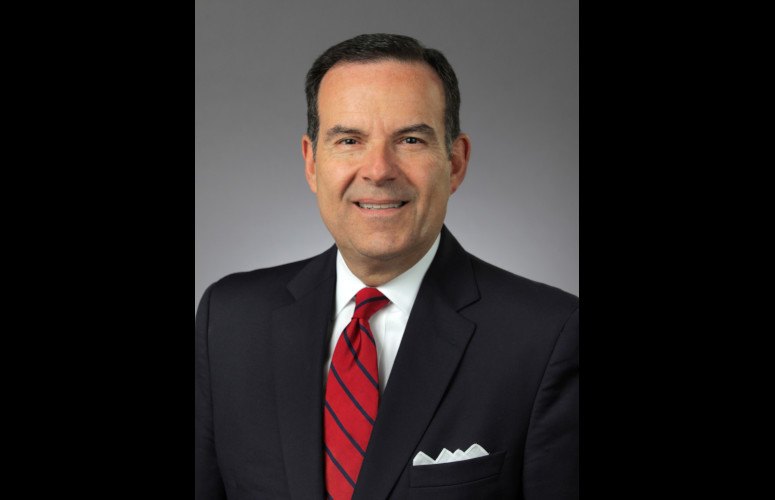
A New Employer Mandate
By Michele N. Siekerka, NJBIA President and CEO On Feb 25, 2022After a 12-month delay caused by COVID-19, a new state law is scheduled to take effect this month requiring businesses with 25 or more employees, including nonprofits, to offer a retirement plan to their workforce or face hefty fines for noncompliance once state enforcement is expected to begin in 2023.
Intended to help private sector workers close a retirement savings gap, this law gives small businesses that have been in operation for at least two years the option of enrolling employees in a new state-run individual retirement account or a qualified private market retirement plan. However, with the law’s implementation date approaching – and few details from the state on its plan and the cost to employers – small business owners are encouraged to explore their options in the private market.
One option is the NJBIA Retirement Advantage Program, a multiple employer plan (MEP) developed by the Employers Association of New Jersey (EANJ) that allows businesses to leverage the power of their collective numbers. By pooling their resources, EANJ and NJBIA businesses can access a top-shelf 401(k) plan at a lower cost – something typically only large employers can do because they have hundreds of employees who can generate higher investment thresholds.
A MEP allows small employers to join forces to obtain a customizable, fiduciary-managed plan at a lower cost without the headache and expense they would otherwise encounter running their own individual plan. Under a MEP, businesses do not have to pay for annual audits (an average savings of $8,000 to $10,000 alone), file Form 5500 with the government, or spend hundreds of dollars to buy fidelity bond insurance because the plan covers all those expenses.
Starting a workplace retirement plan also has significant tax advantages (up to $4,000 in tax credits) and gives employers a competitive edge in recruiting and retaining the best employees.
As traditional pension plans with defined benefits become increasingly rare in the private sector, the retirement savings gap in the US has grown. It is estimated the average 50-year-old has less than $50,000 in retirement savings. Fourteen states, including New Jersey, are now requiring small business retirement savings plans, and many more are contemplating similar legislation.
New Jersey’s law, however, carries significant penalties for businesses that fail to comply with this mandate. Employers could eventually face fines of up to $100 per employee, and those fines will increase annually to a maximum of $500 per employee. Joining forces now with other small businesses in a multiple employer plan like NJBIA’s helps your employees and helps your business avoid costly financial penalties.
Go to NJBIA’s website at njbia.org to learn more about how you can save money while helping your employees save for retirement.
To access more business news, visit NJB News Now.
Related Articles:





